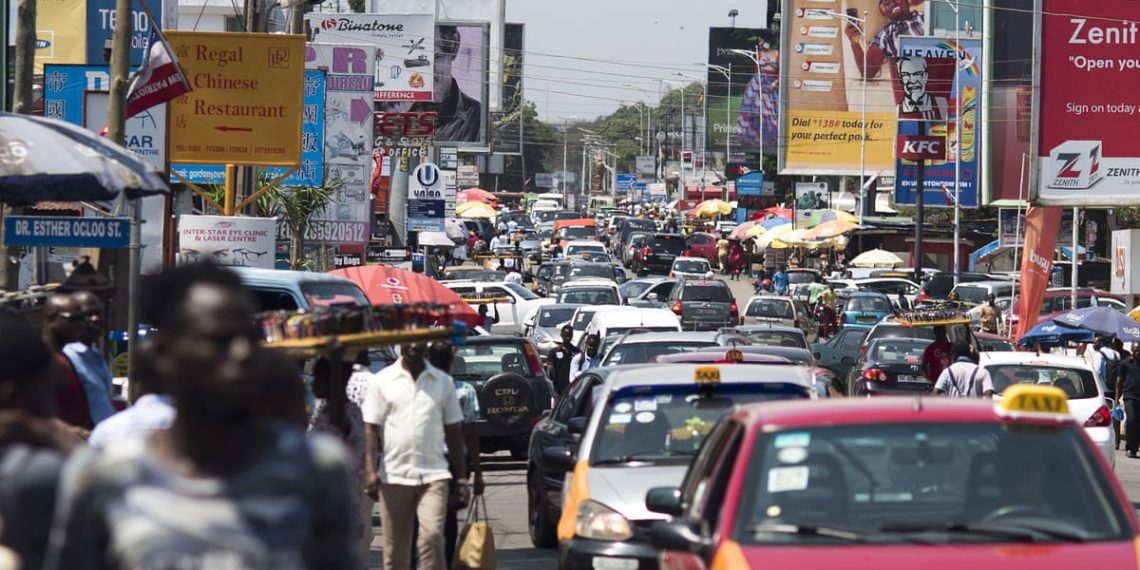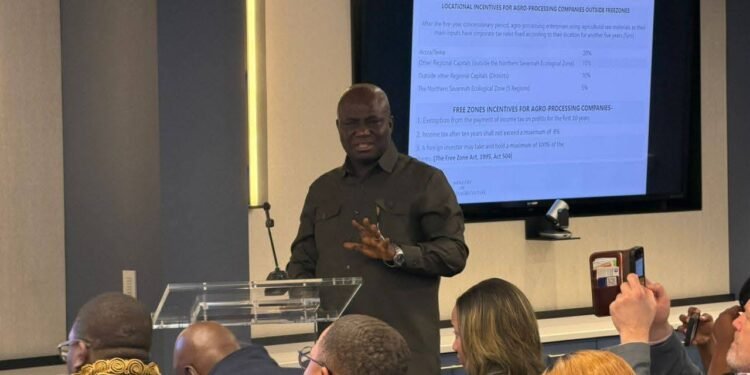Residents of Ghana’s three major cities- Accra, Kumasi and Tamale have relatively poorer access to jobs and healthcare facilities due to the lack of proper public transport system in the country, a World Bank report has revealed.
Apart from the fact that employment avenues, and social services such as healthcare and education are being created at a slower pace in relation with the exponential growth of the population, an added issue to contend with is the poor accessibility to these essential services.
The report therefore hints on how urgent a solution is required and thus calls for the government to solve this age-old problem by developing an integrated approach to address mobility and accessibility.
Furthermore, it recommends that a transformation of urban mobility in Ghana’s cities requires enhancing and strengthening institutional and operational framework pertaining to urban mobility.
Similarly, the government must incorporate urban mobility in the response to COVID-19 with the objectives of: saving lives; protecting the poor and vulnerable; ensure sustainable business growth and job creation; and strengthening policies, institutions, and investments for building a better future.
The report uses a three-pronged framework in analyzing access to jobs and social services in these major cities in Ghana. These include accessibility (spatial and temporal), affordability and acceptability- the three A’s
Existing informal transport system problematic
The current dysfunctional transport system has been created as a result of the inability of the public sector to fill the growing demand for mobility services. The status quo has allowed for a gap in the transport market that has been filled by the informal sector- mainly operating by the use of minibuses known as tro-tro.
According to the report, these tro-tros have now become the main motorized mode used to access jobs, representing nearly 60 percent of motorized trips to jobs in Accra and about 40 percent in Kumasi.
However, it draws attention to the fact that: “the [current] model is based on cheap, low-quality small vehicles, driven by low-paid, self-trained drivers. In essence, this unsatisfactory model is sustainable through cost avoidance and self-exploitation.”
Moreover, it presents a great deal of externalities- costs and inefficiencies. Informal operators run the fill-and-go system which has low operational and safety standards, the report indicates.
Cost of fatalities is an externality borne by this system. In Ghana, the cost of fatalities and serious injuries arising from road crashes is $4.55 billion a year. This represents 8.3 percent of the country’s gross domestic product. More so, 70 percent of road crash fatalities and injuries affect the working population between ages 15-64.
Another externality is congestion and air pollution. According to the report, this is a major source of productivity loss in urban Ghana. For instance, in Kumasi, congestion accounts for an average income loss of 21.9 percent for tro-tro operators. The formal sector experiences an average loss of 9 percent of productive hours a day and more than two workdays a month.
Inability of urban residents to have access to social services
The report finds that 48 percent of Accra and two-thirds of Kumasi’s residents are not able to access more than 50 percent of their respective city’s jobs within one hour using public transport.
Urban Ghana’s residents are not able to access healthcare services properly. Some 26 per cent of urban Ghanaians do not have reliable transport to go to health facilities according to the Ghana National Transport Survey of 2012.
In Kumasi, local access to hospitals by public transport is significantly worse for low-income individuals.
Public transport is largely unaffordable for most of the households in Accra and Kumasi, the report finds. Women and differently-abled people face greater challenges in affording public transport as compared to men.
Likewise, people do not accept public transport because of fear, low tolerance, physical barriers to movement and social norms, the report notes.
The report finds that there is hardly any investment towards creating a formal public transport system in Ghana’s urban areas. Only a limited number of formal large bus operations exist in Ghanaian cities. The majority of public passenger transport is operated by the informal private sector.
Meanwhile, the report stresses that mobility in the urban areas of Ghana has been affected by the novel coronavirus disease (COVID-19) pandemic.
READ ALSO: BOG educates public on Forex Bureaux























